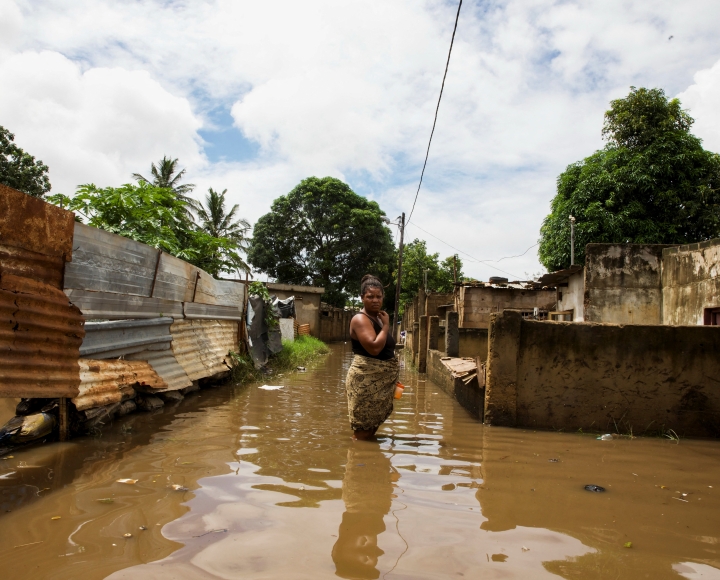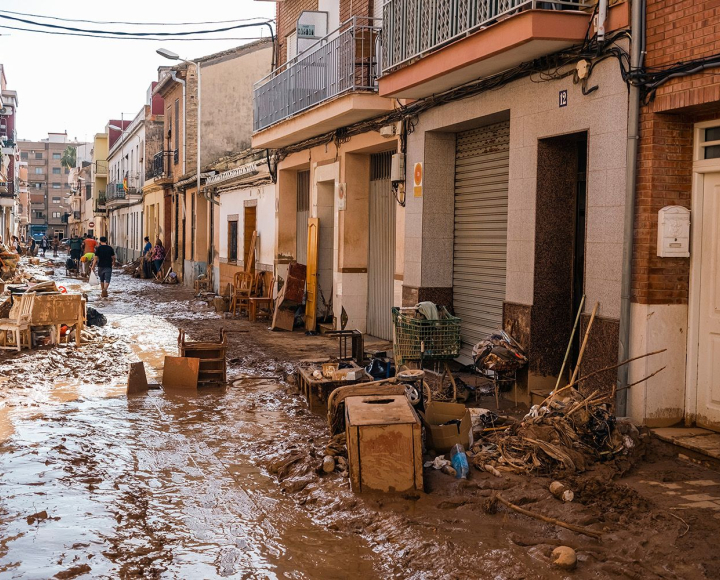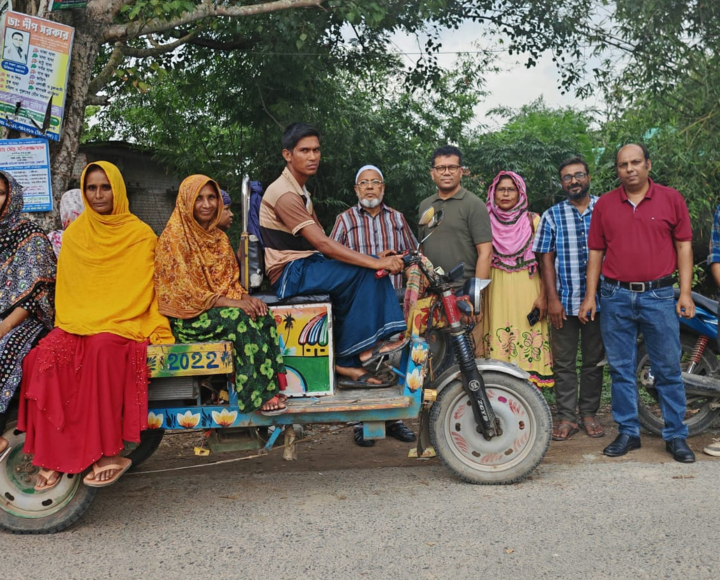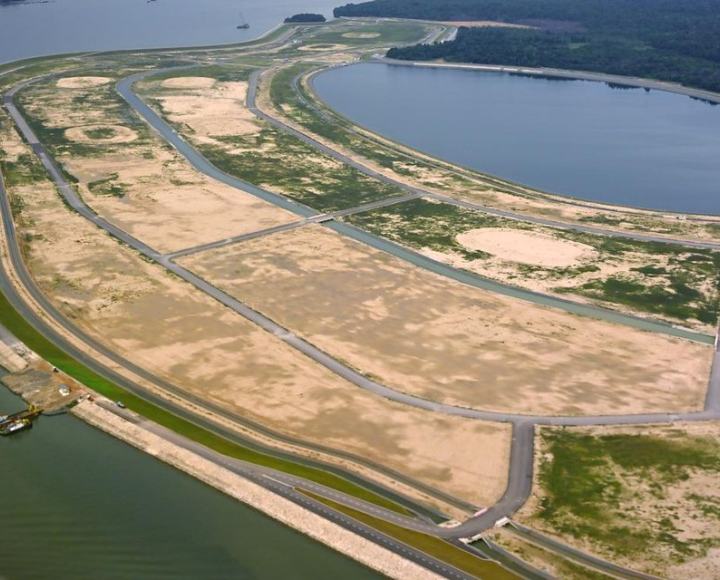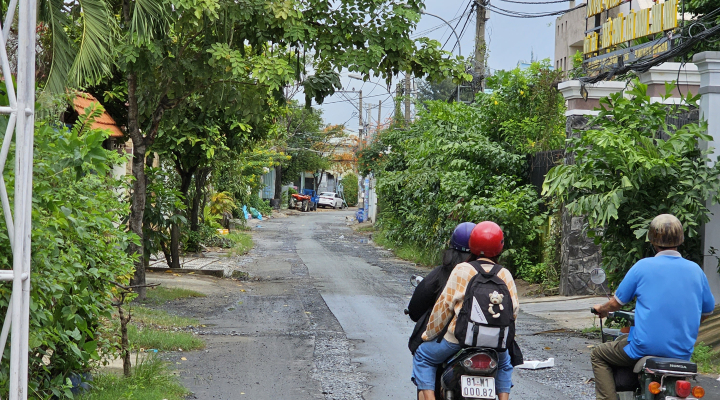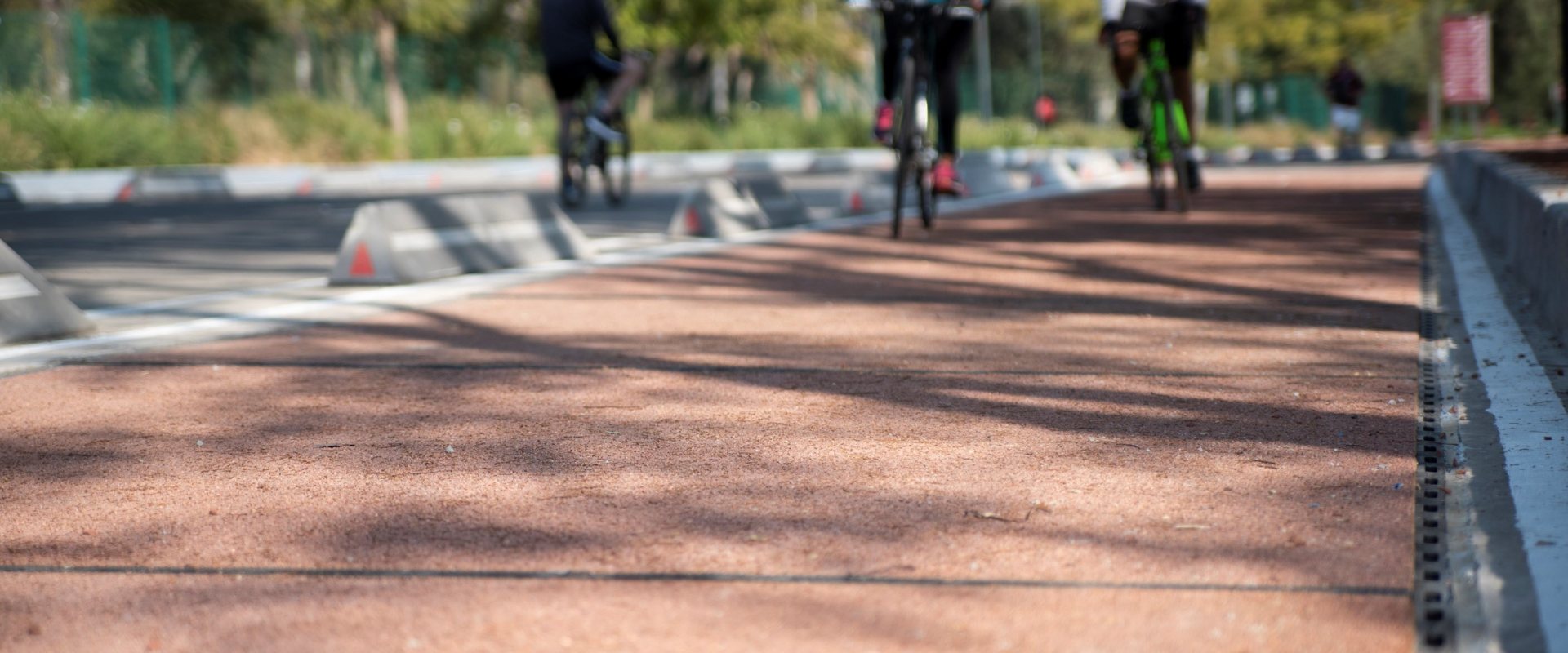
Bicycle lane catches storm water in Mexico City
PlasticRoad and Orbia, in collaboration with Mexico City, have inaugurated the first PlasticRoad pilot in Latin America. The PlasticRoad is a mobile construction concept that can store rainwater under its surface from where it can gradually infiltrate in the soil.
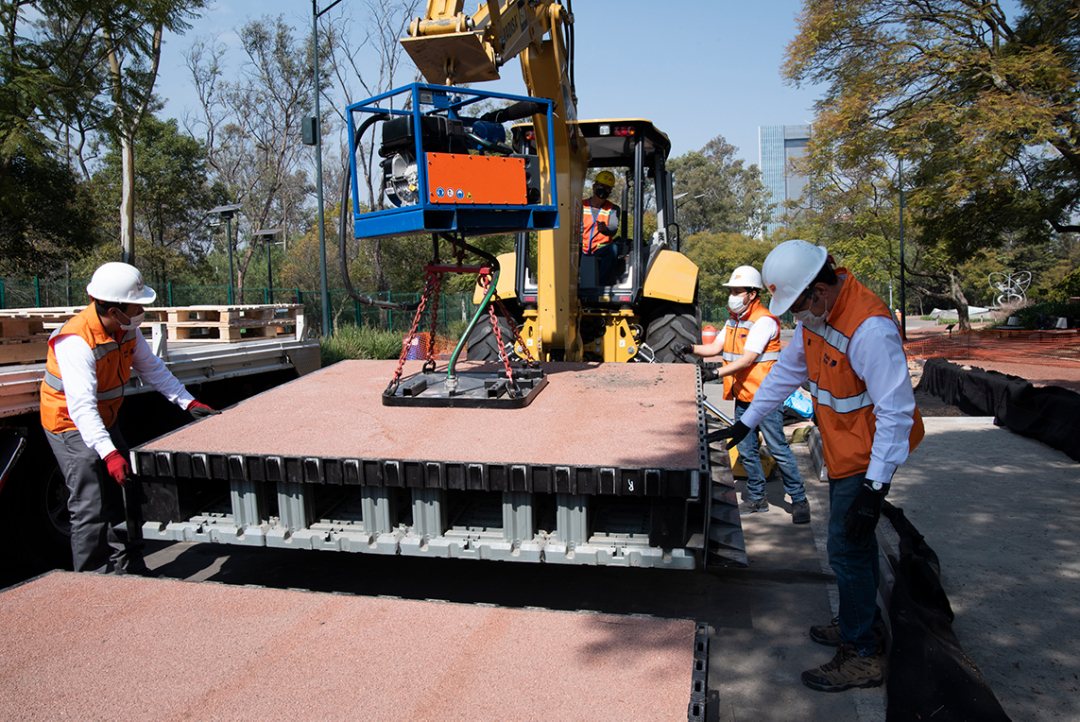

Light and fast to install
With its prefab plastic sections, the PlasticRoad is four times lighter than a regular asphalt road. The sections can be placed on a sandy surface without any extra foundations. The elements are hollow and fitted with cables and pipes, including sewage pipes and water drainage systems. Sensors are included to check the road’s performance, temperature, and number of users.
The concept has been developed and brought to market by Dutch pipe supplier Wavin and construction firm Volker Wessels/KWS. The first PlasticRoad constructions are two bicycle lanes in the Dutch towns of Zwolle and Giethoorn (2018). The bicycle lane in Mexico City marks the international role out.
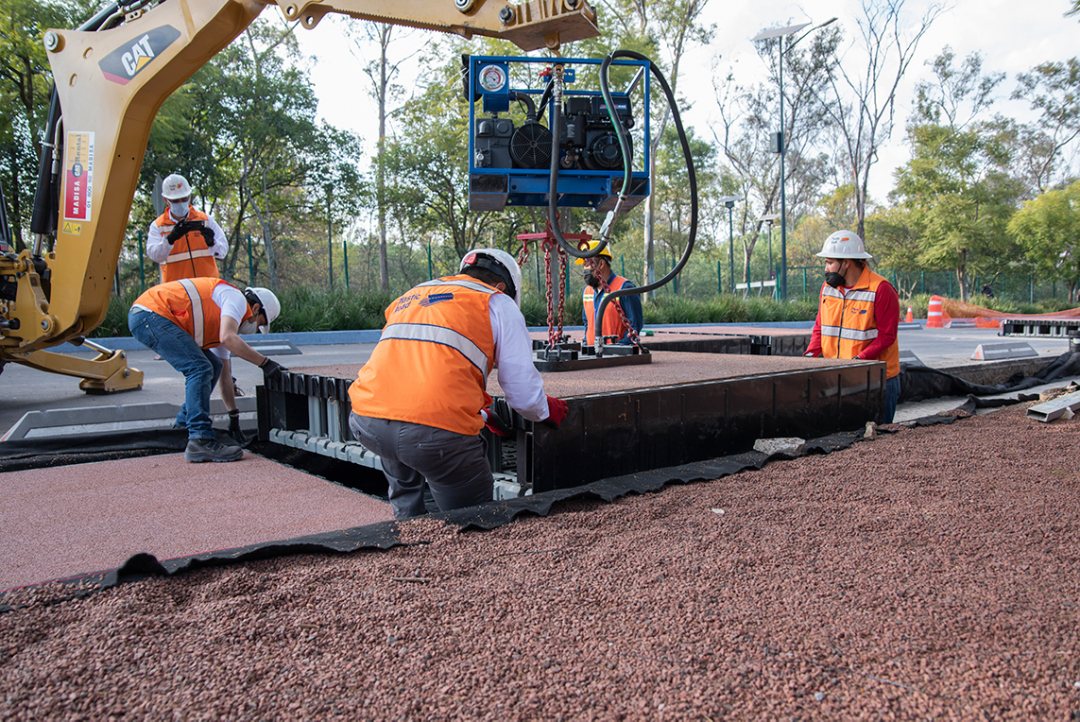

Heavy rainfall
At the presentation of this new infrastructure, Sameer Bharadwaj, CEO of Orbia said to be proud of the inauguration in Mexico City. ‘At Orbia, we work at the intersection of basic and advanced materials and infrastructure solutions that advance life around the world. With the partnership of the local government, we can support this incredible global capital and its citizens on the journey to climate resilience.’
Mexico City and its greater metropolitan area is facing potable water challenges, stemming from a growing population (more than 22 million people and rising), heavy rains caused by the compounding effects of climate change, pollution due to the generation of plastic waste and aging infrastructure. With record annual rainfall of over 2.1 billion cubic feet, Mexico City’s water management issues have impacted drinking water availability and citizens’ quality of life.
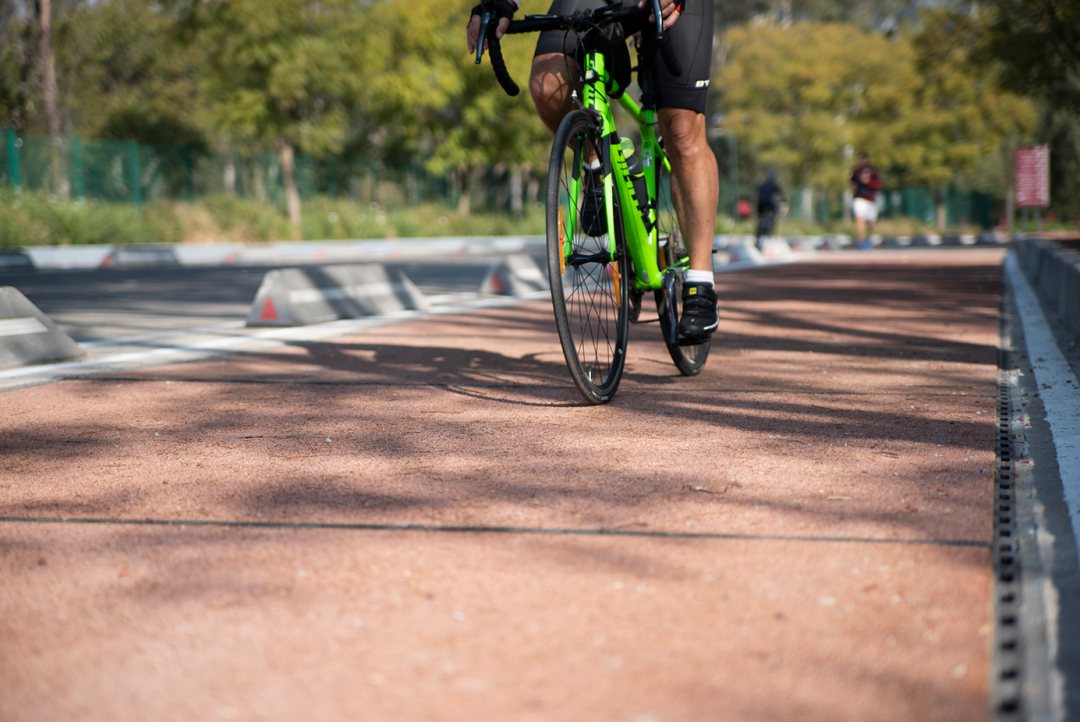

Sustainable mobility
Secretary dr. Marina Robles García of the Mexico City Environment Secretariat (SEDEMA) referred to the city’s environmental policy for sustainable mobility. ‘One of the initiatives is the PlasticRoad. We are very pleased it will add to a sustainable future for Mexico City. An initiative like this combines the idea of seeking sustainable mobility in the city with the idea of giving new life to plastic waste as reusable material to build new infrastructure’, Robles García said.
Eric Kievit, Managing Director at PlasticRoad, states, ‘Our third pilot in Mexico is an opportunity to test our product under a different set of climate conditions, which will provide us with significant data in order to explore international markets outside our country of origin—the Netherlands—in the future.’




